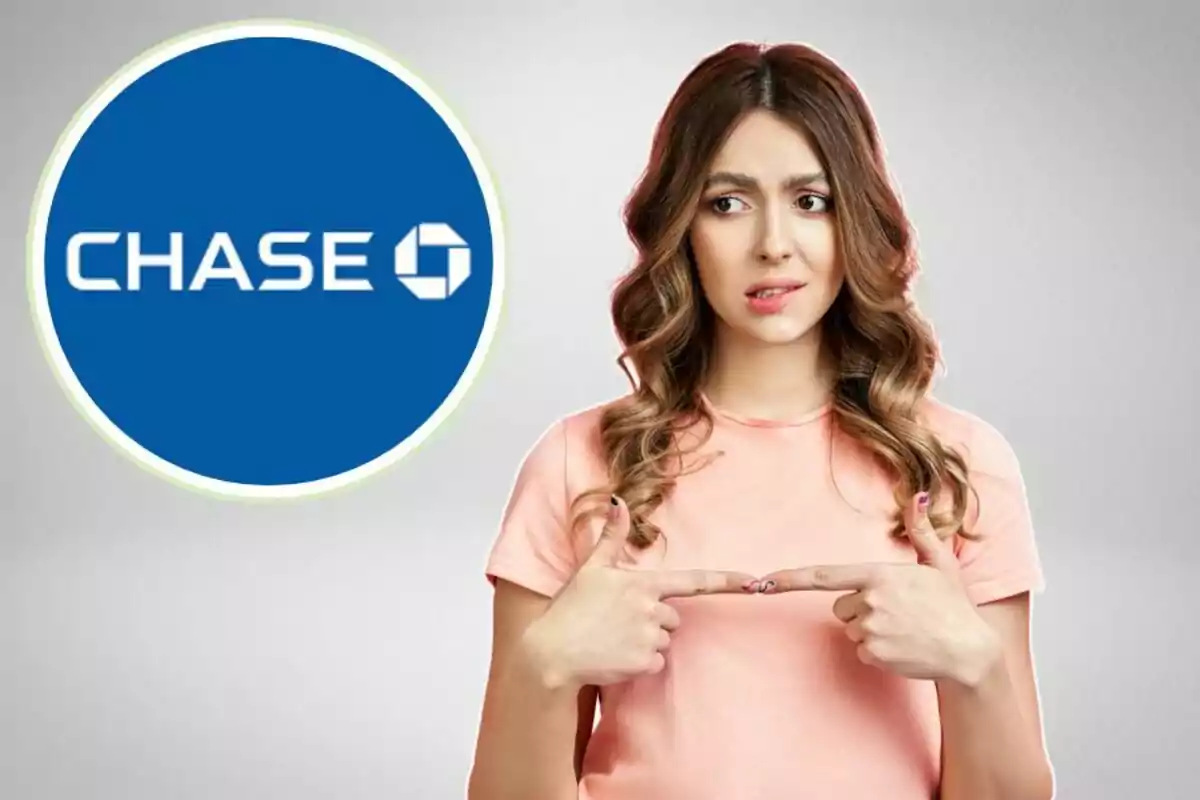Chase Bank has issued an urgent alert aimed at customers in the United States who want to protect their savings at risk. Their message is clear and direct: "You're forbidden to fail" when it comes to identifying a new scam that can ruin anyone's life.
Chase wants to highlight several things so their customers don't suffer this growing danger. Never reply, click, or call numbers or links included in suspicious text messages.
Chase Bank doesn't want their customers to suffer the worst: this scam is dangerous
Always verify any alert by contacting Chase directly through the official number that appears on your card or in the app, not the one indicated in the message. Enable two-factor authentication (2FA) to protect access to your account.

You should keep your software and antivirus updated on all devices, especially mobile ones. Chase insists in their awareness campaign through constant alerts by email, SMS, and their Security Center. They remind you that smishing is real and can hit hard if you let your guard down.
What is smishing and how do scammers operate?
Smishing combines SMS and phishing: scammers send text messages that look legitimate, even pretending to be Chase. They can alert you about suspicious activities, account blocks, or fake prizes.
The trick is that they contain malicious links or numbers for you to call, leading you to a fake website or a phone scam. These tactics are well studied: they use spoofing so the sender looks real and take advantage of the emotional urgency over losing funds.

They ask you for critical information: username, password, account numbers, or even legitimate authentication codes sent by Chase.
What you're forbidden to do: Chase Bank doesn't want more disappointments
Chase makes clear what the forbidden action is so your savings at risk don't disappear. Never click on links included in an SMS without verifying.
You must not reply or call the numbers that appear in text messages. Don't provide personal data even if the message seems urgent or threatening.
Avoid sharing authentication codes or passwords, not even if they tell you it's the "only way to verify your identity." Don't do this under any circumstances. If you have doubts, call the bank yourself using official information.

